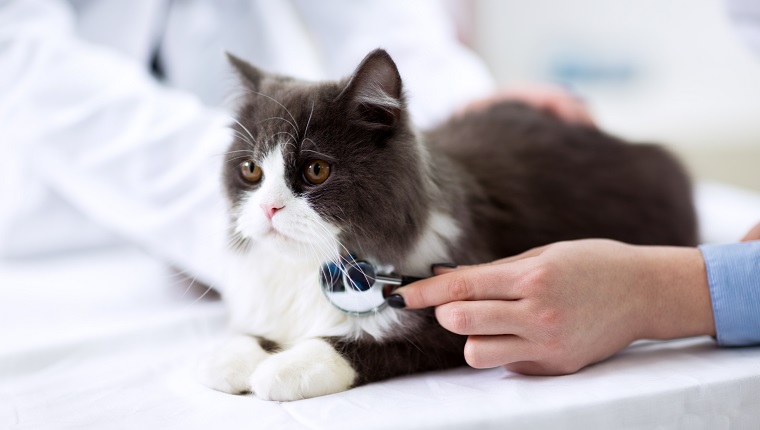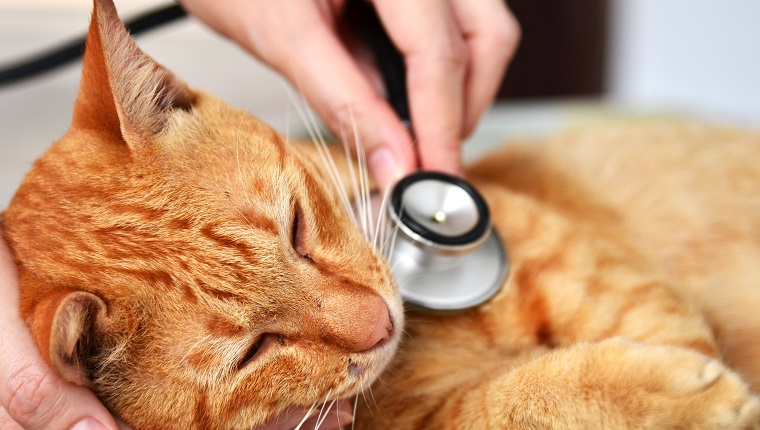Traumatic myocarditis in cats is a condition that involves the heart beating irregularly after a cat unfortunately suffers from a blunt trauma to the heart. These irregular heartbeats are known as arrhythmias.
While this condition isn’t very common for cats, it is nevertheless always important that veterinarians monitor for it in any cats who experience physical trauma. In most cases, the trauma that causes the condition takes place within 48 hours of any symptoms developing.
If you see signs that your cat might be suffering from myocarditis, then you must consult your veterinarian for a proper diagnosis and course of treatment. Here’s what you should know about the symptoms, causes, and treatments of traumatic myocarditis in cats.
Symptoms Of Traumatic Myocarditis In Cats
Traumatic myocarditis in cats can result in a small range of symptoms. The most common symptoms include:
- Very rapid heart rhythms
- Acting weaker than normal
- Irregular heart rhythms
- Gums turning pale
Causes Of Traumatic Myocarditis In Cats

Traumatic myocarditis in cats is most likely to result from a blunt trauma. For example, accidents involving moving vehicles are a frequent cause.
Some of the other causes include:
- Nervous system issues
- Lower-than-standard levels of oxygen in the blood
- Imbalances present in a kitty’s electrolytes
Veterinary Treatments
If you think that your cat is suffering from traumatic myocarditis, your veterinarian will want to carry out a full physical examination. They’ll also ask detailed questions about any recent accidents or circumstances that could have caused the condition.
When forming a diagnosis, vets usually order blood tests and urine tests, along with examining the levels of electrolytes in the body. Specifically, blood tests can help vets look for higher-than-usual levels of a serum called troponin.
Additionally, a kitty’s blood oxygen levels can offer clues as to whether myocarditis has developed or not. In some cases, vets also employ X-rays and electrocardiograms.
When it comes to treatment, vets often use oxygen and fluid therapy, along with painkillers. As ever, if your vet prescribes medicine for your cat, it’s vital that you follow the dosage and frequency instructions precisely and complete the full course of medication.
If the vet discovers the presence of pneumothorax while providing treatment, then they’ll address that condition too.
Has your cat suffered from traumatic myocarditis? What kind of accident or trauma caused the condition? Tell us all about it in the comments below.









